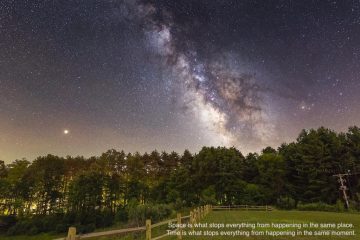Childlike faith?
As we enter the last few days of Advent, those with good memories may recall that this time last year my four-month-old daughter was starring in our church’s immersive Nativity scene, and I was led to reflect on the enormity of Jesus’s sacrifice in taking on the absolute powerlessness of Read more…









